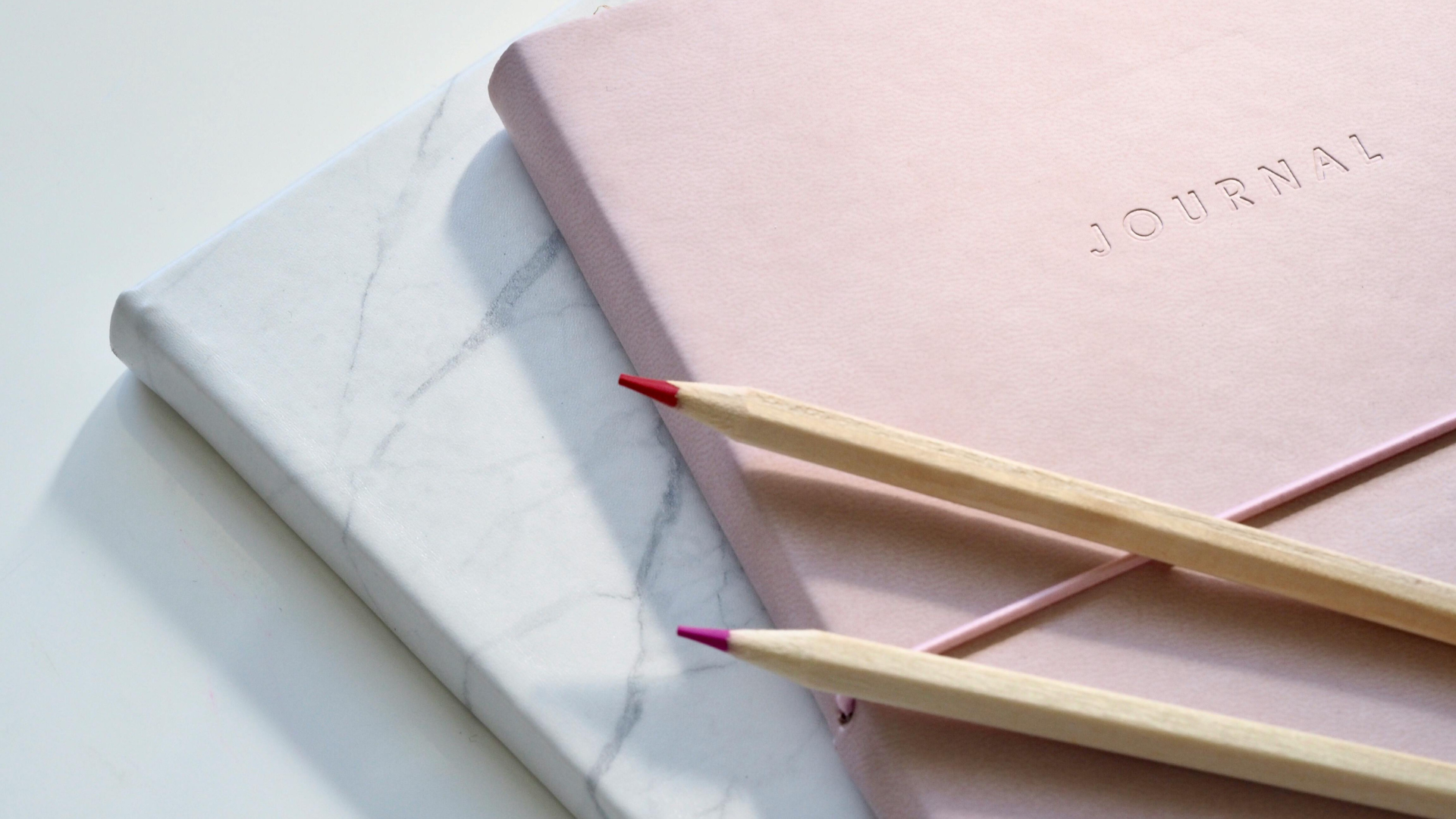How to Use Journaling to Manage Anxiety
Anxiety can be overwhelming, making life feel out of control and draining energy from everything you do. While it may seem like there’s no escape, the good news is that there are effective tools to help manage it. Research has highlighted journaling as a powerful, therapeutic method to reduce anxiety. Here, we’ll explore how journaling can serve as an outlet for stress and provide practical tips for incorporating it into your routine.
Why Keep a Journal?
Many people use journals for various purposes, such as planning, drawing, and self-reflection. However, journaling can also be incredibly beneficial for managing anxiety and its symptoms. This simple, often overlooked tool allows you to get a handle on anxiety by creating a safe space to process your thoughts and emotions.
Why Writing Down Your Thoughts Helps
Journaling serves as a private space to vent thoughts and emotions. By putting them onto paper, you’re more likely to feel accountable to yourself and your feelings. Writing out hopes, aspirations, or dreams makes them feel more achievable, contributing to a positive mindset. This practice allows for honest self-reflection without judgement, fostering a healthier relationship with your emotions.
Identify Triggers and Reduce Stress
When life feels chaotic, writing in a journal can help you organise your thoughts, identify stress triggers, and find solutions to ongoing challenges. By actively examining your stressors, you may discover patterns that lead to anxiety, allowing you to develop strategies to cope with them more effectively.
Letting Go of Anxious Thoughts: Transferring Worries to Paper
When anxiety strikes, our instinct is often to suppress or ignore negative thoughts. However, suppressing these feelings can lead to increased stress and emotional strain. Research suggests that writing down worries and anxious thoughts can help release them from the mind, much like transferring them onto the page. This can create a calming effect, helping you feel lighter and more at peace.
Sleep Better with a Pre-Bedtime Journal Routine
It’s common to lie awake at night, overwhelmed by stress or to-do lists. Taking a few minutes before bed to write down tasks for the next day can help ease this pressure, allowing your brain to relax. This nightly ritual not only supports mental organisation but also sets up a calm transition to sleep.
Enhancing Productivity to Reduce Anxiety
Often, procrastination or incomplete tasks can lead to feelings of inadequacy and heightened anxiety. Journaling offers a chance to rewrite this narrative. For example, setting small, manageable tasks—such as drinking water or making your bed—can create a sense of achievement. This repeated sense of accomplishment can help rewire your brain to associate productivity with positivity, leading to reduced anxiety over time.
Effective Journaling Tips for Anxiety Relief
Choose a Journal You Love: Finding a journal you enjoy using increases the likelihood that you’ll stick with the habit.
Schedule Dedicated Time: Set aside a specific time each day to write, even if only for a few minutes.
Focus on the Process, Not Word Count: Write as much or as little as feels comfortable without pressuring yourself.
Maintain Privacy: Keep your journal private unless sharing is beneficial (e.g., with a therapist).
Create a Mindful Atmosphere: Write in a quiet, dedicated space to make journaling a peaceful ritual.
Avoid Rigid Structure: There’s no “right” way to journal—find a style that works best for you.
A Mindful Journaling Habit
Journaling can be a powerful ally in managing anxiety. Through mindful and consistent practice, it becomes a tool for self-discovery, organisation, and emotional release. Embrace journaling as a personal, judgement-free space to explore your feelings and alleviate anxiety in a way that suits your unique needs.


